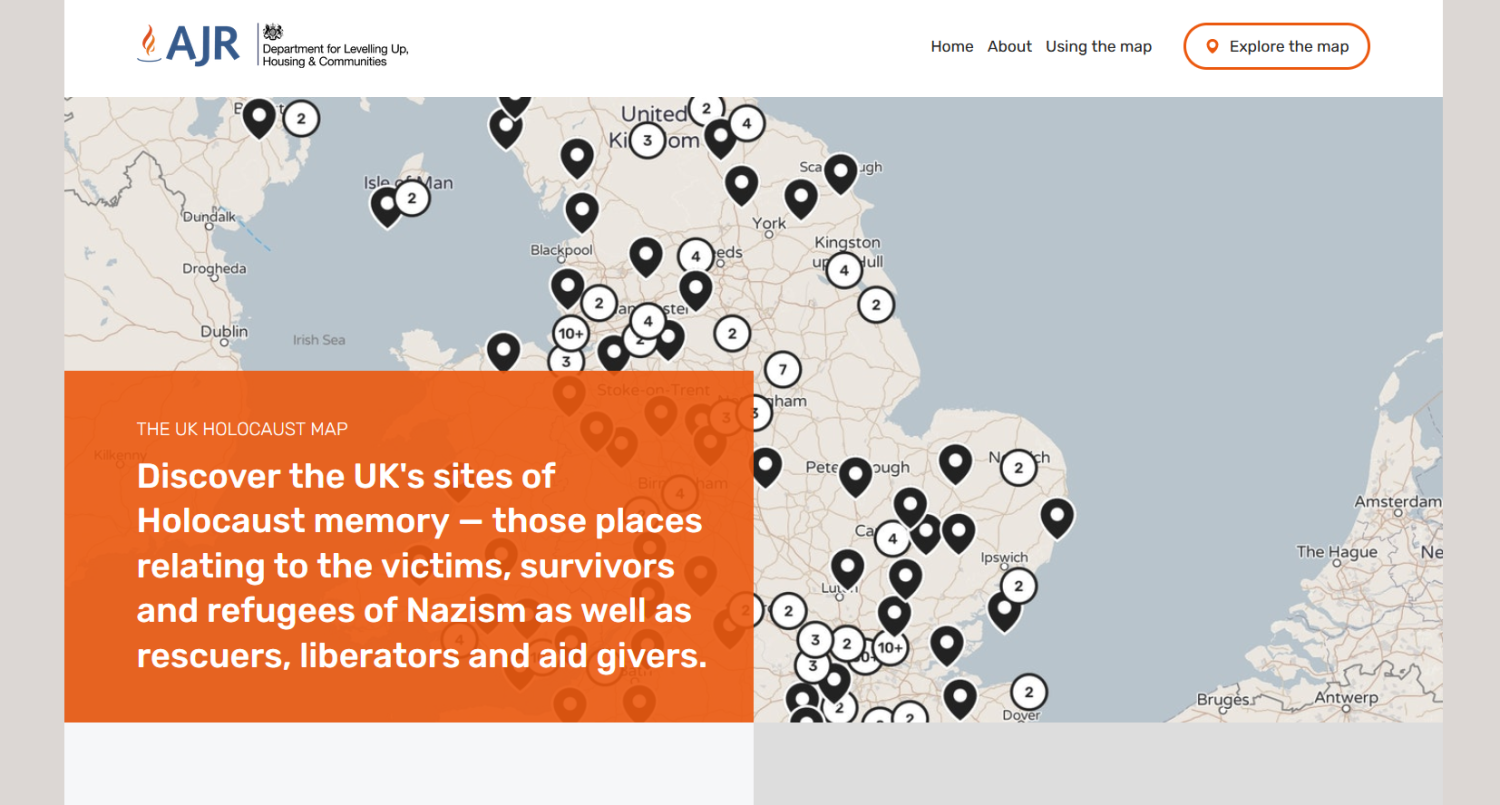
UK to make all its Holocaust records accessible for research and study
The UK government is to make all its records related to the Holocaust available to the public for the first time, for research and study purposes, it announced today to mark International Holocaust Remembrance Day.
This includes the collection of 787 books in the St. Lambrecht collection, once looted by the Nazis, which will be accessible to the public for the first time. The St. Lambrecht historic book collection comprises works dating from the late 16th century up to 1943 on history, law, theology and scientific or pseudo-scientific topics, such as anatomy, alchemy and pyrotechnics. The collection had been hidden in St Lambrecht Abbey in Austria, where it was discovered by the Allied Commission for Austria (British Element) in September 1945 and sent back to the UK.
The Foreign, Commonwealth & Development Office (FCDO) plans to move the books to London’s Wiener Holocaust Library, one of the world’s leading and most extensive archives on the Holocaust, the Nazi era and genocide. Director of the Wiener Holocaust Library, Dr. Toby Simpson said, “The Wiener Library is proud of its long history of throwing light on the darkest chapters of history, and on the Holocaust in particular. It is crucial to ensure that the past is not ignored or locked away, but confronted and used as a tool for building a better future. We applaud the British government’s recent efforts to improve access to vital records, and look forward to future cooperation.”
In addition, the governments of Guernsey and Jersey have committed to making their Holocaust records publicly available as well. The UK Head of Delegation Lord Pickles, Special Envoy for post-Holocaust issues said, “I am grateful for the full and friendly cooperation of the governments of Guernsey and Jersey. I also thank the diligence of the FCDO staff for their recent work on the St. Lambrecht historic book collection. There can be no better place to keep the collection than the Wiener Holocaust Library.”
UK encourages open access to Holocaust collections
The UK Government is now urging others, throughout the world, in possession of collections of Holocaust-related material/records to adopt a similar approach. This effort speaks to the commitments underlined in the Stockholm Declaration to throw light on the still obscured shadows of the Holocaust and to take all necessary steps to facilitate the opening of archives in order to ensure that all documents bearing on the Holocaust are available to researchers.
In an age where some deny or distort the Holocaust it is important to make documents of the era as freely available as possible.
Sign up to our newsletter to
receive the latest updates
By signing up to the IHRA newsletter, you agree to our Privacy Policy



